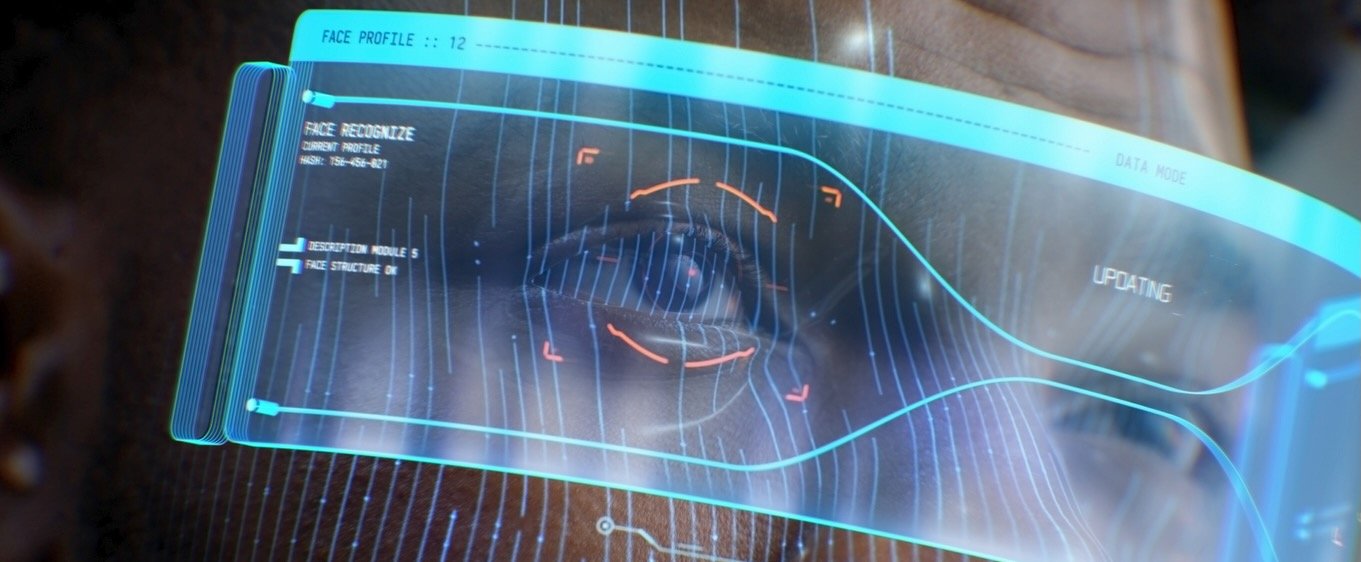Futures Studies and Concepts
Futures studies is a multidisciplinary approach to anticipating, understanding, and shaping future events and trends. For police leadership teams, futures studies are an essential way to anticipate potential problems early, allocate resources optimally, modify training protocols accordingly, inform policy development processes more efficiently, build community trust, and stay abreast of emerging crime threats and technological innovations. By remaining proactive and adaptive police can better navigate today's complex environment of criminality, societal dynamics, and technological innovations. Police leaders are expected by the people they’re paid to protect to anticipate events and issues impacting community safety and be prepared effectively deal with them.
In some ways, policing’s operational credo should be “If we can predict it, we can prepare for it.” Sadly, there are countless examples of policing being unprepared for major events. For example, the recent COVID pandemic caught most police organizations unprepared even though the 2003 outbreak of SARS in the Toronto Police Department (Canada) was studied extensively and still serves as a excellent example of how a severe public health event like a pandemic can impact public safety.
Efforts focused on the future of policing draw upon several core concepts of futures studies: scenario-building, trend analysis, the Delphi Method, backcasting, cross-impact analysis, environmental scanning and the futures wheel. These more technical methodologies enable police departments to become forward-leaning, anticipatory and prepare for significant challenges while remaining effective, relevant and aligned with community needs in an ever-evolving and increasingly unstable world. In this section we explore the practical application of these tools and how policing’s move toward an anticipatory posture increases public safety.

Using Scenarios to Better Prepare Policing for the Future
Creating worse case, best case and middle-of-the-road scenarios helps think about, and plan for, the future of policing.


Why use 2030 as a time horizon in planning for future policing?
Policing practitioners, policymakers and interested community members will find the year 2030 an invaluable marker in their planning for the future. It gives police leaders enough time to adapt to changing social attitudes, technologies, and challenges while mid-term planning and resource allocation become easier. While sufficiently long to allow for strategic thinking and planning, this time frame is not overly lengthy. The longer strategic time frames we use to think about the future, the more murky future things become.

What is Futures Study?
Studying the future is a specific process and discipline that aims to provide strategic foresight for practitioners and policymakers.

